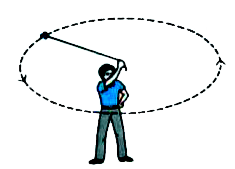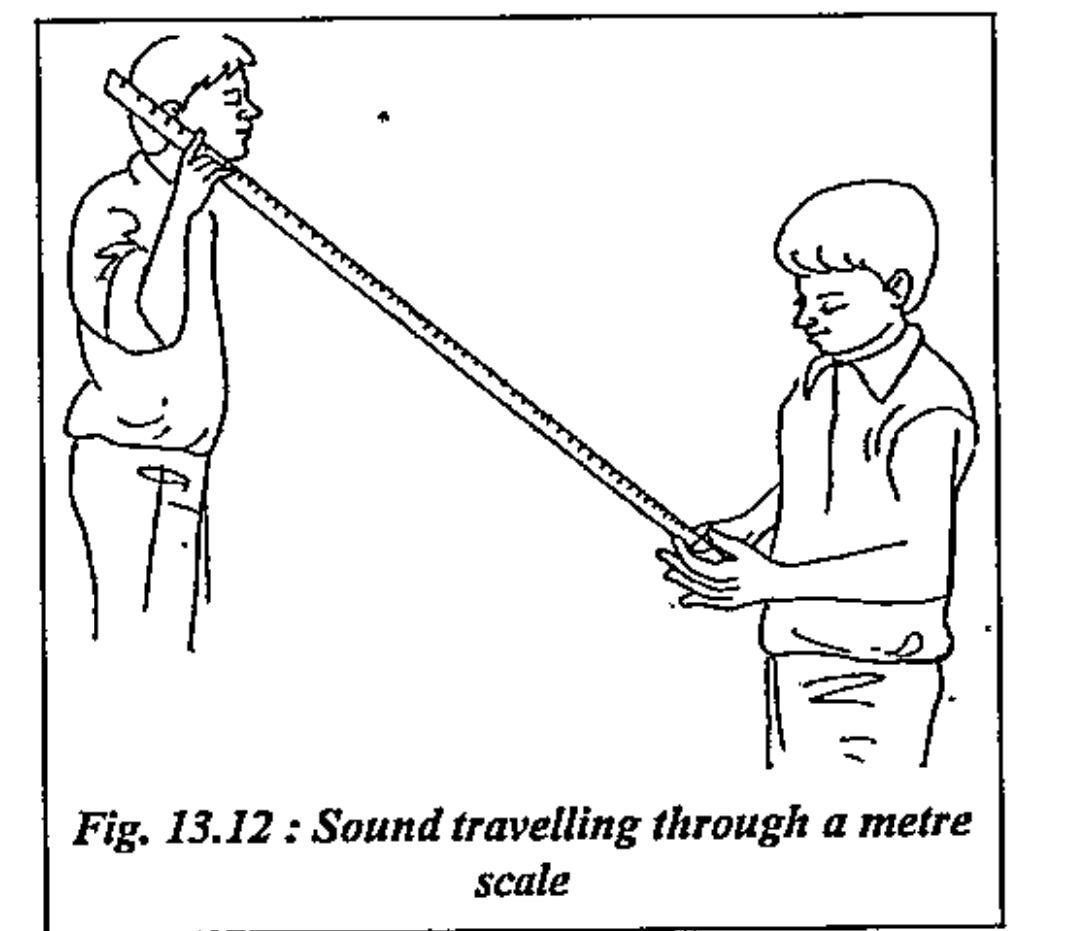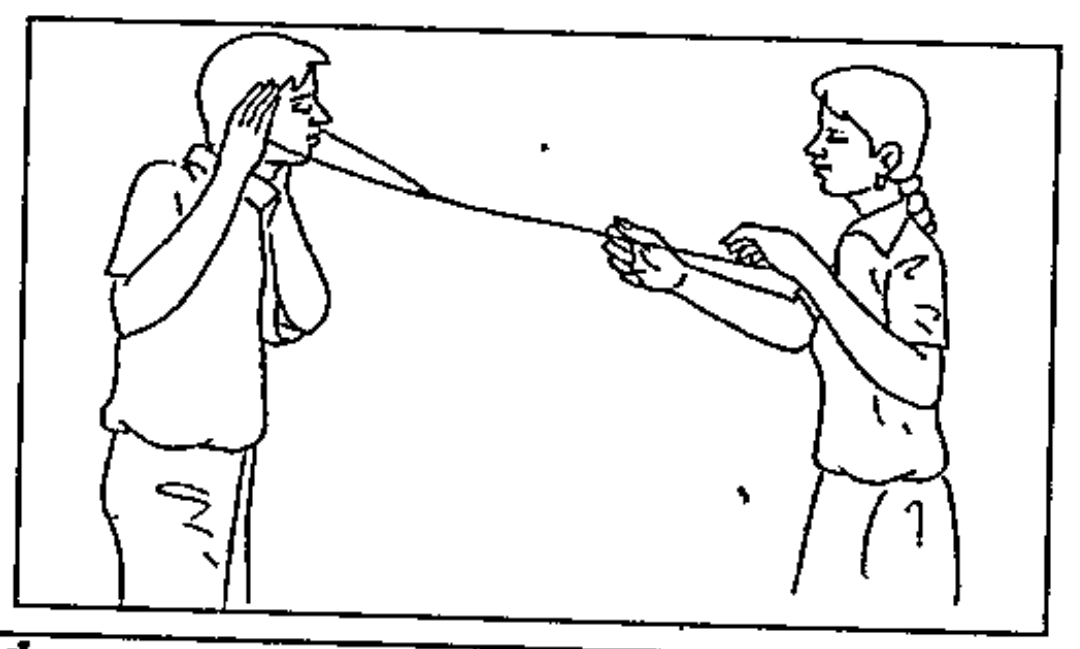Take a slinky as shown below.
Ask a friend to hold one of its ends. You hold the other end and move away from your friend. Now you release the slinky.

What happened? Solution in Gujrati
When the slinky is released it regains its original length.
Topper's Solved these Questions
- BOOK - KUMAR PRAKASHANCHAPTER - WORK AND ENERGY EXERCISE - ACTIVITY 11.106videos
WORK AND ENERGY
- BOOK - KUMAR PRAKASHANCHAPTER - WORK AND ENERGY EXERCISE - ACTIVITY 11.1310videos
WORK AND ENERGY
- BOOK - KUMAR PRAKASHANCHAPTER - WORK AND ENERGY EXERCISE - ACTIVITY 11.44videos
WORK AND ENERGY
- BOOK - KUMAR PRAKASHANCHAPTER - SOUNDEXERCISE - QUESTIONS AND ANSWERS (Additional numericals for practice)16videos
SOUND
Similar Questions
Take a toy car. Wind it using its key. Place the car on the ground.
Did it move ?02:14View SolutionHow do green plants produce food?
00:57View SolutionLift an object up. Work is done by the force exerted by you on the object. The object moves upwards. The force you exerted is in the direction of displacement. However, there is the force of gravity acting on the object.
Which one of these forces is doing positive work? Give reason.01:55View SolutionCalculate the frequency of an oscillator having periodic-time 0.01 s
02:12View SolutionA student sets uo a slinky PQ on a smooth table top in the manner How can he produce transverse waves in the slinky by moving its free end Q ? .
04:14View SolutionA wave in slinky travelled to end fro in 5 see the length of the slinky in 5m. The velocity of wave is
01:58View SolutionTake a slinky as shown below.
Ask a friend to hold one of its ends. You hold the other end and move away from your friend. Now you release the slinky.

What happened?View SolutionTake a slinky as shown below.
Ask a friend to hold one of its ends. You hold the other end and move away from your friend. Now you release the slinky.

How did the slinky acquire energy when stretched?View SolutionTake a slinky as shown below.
Ask a friend to hold one of its ends. You hold the other end and move away from your friend. Now you release the slinky.

Would the slinky acquire energy when it is compressed?04:27View SolutionTake a piece of thread and tie a small place of stone at one of its ends. Hold the other end of the thread and move the stone to describe a circular path with constant speed.

A stone describing a circular path with a velocity of constant magnitude
Now, release the thread.
Can you tell the direction in which the stone moves after it is released ?02:51View SolutionTake a metre scale or a long metal rod and hold its one end to your ear. Ask your friend to gently scratch or tap at the other end of the scale. Can you hear the sound of scratching? Ask your friends around you if they were able to hear the same sound?
 03:16View Solution
03:16View SolutionTake a long thread. Place your hands over your ears and get someone to place this thread round your head and hands. Ask her to make the thread taut and hold its ends in - one hand. Now ask her to draw her finger and thumb tightly along the thread. Can you hear a rolling sound like that of a thunder? Now repeat the activity while another friend stands near both of you. Can he hear any sound?
 02:19View Solution
02:19View SolutionStand at the end of a big table and make a friend stand at the other end. Ask the friend to knock lightly on the table. You will hear a faint sound. Now press your ear to the table and the friend to repeat the knock. What difference do you notice ?
01:58View SolutionAsk your friend to stand at a certain distance from you in a big room and obtain the shadow of your friend on the wall with the help of a torch. Now carry out the following actions. Observe and make a note of the changes taking place in the shadows. Ask the friend to come towards you.
01:55View SolutionAsk your friend to stand at a certain distance from you in a big room and obtain the shadow of your friend on the wall with the help of a torch. Now carry out the following actions. Observe and make a note of the changes taking place in the shadows.
Next, you move further away from him and towards him again.01:55View Solution

